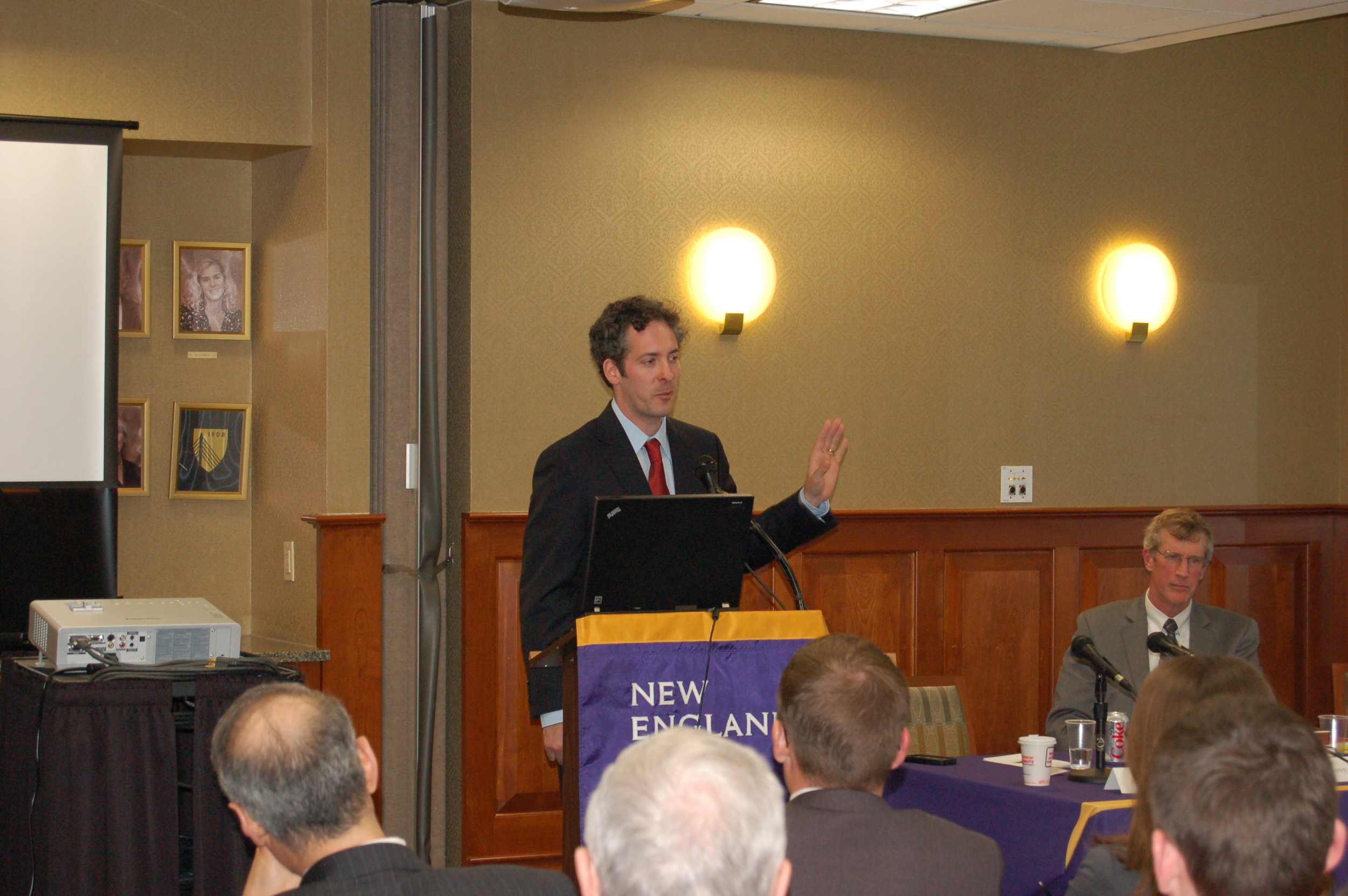August 31st, 2012
State police closed the Hinton State Laboratory on Thursday at the direction of Governor Deval Patrick after evidence surfaced that a chemist working at the lab routinely failed to follow testing protocols. This breach of protocol could affect thousands of criminal cases where the chemist’s potentially faulty results contributed to convictions. Workers in the lab would investigate drug evidence collected by police from all over the state. These tests would certify whether substances seized by police were in fact illegal drugs.
State police spokesperson David Procopio indicated that the chemist may have gone further than disregarding protocols stating, “This is more than just allegations of sloppiness and cutting corners. The allegations include malfeasance, deliberate mishandling… We are concerned that in some of the cases, there’s a likelihood that justice was not served, that a defendant did not get a fair trial and that it’s possible that people may be incarcerated unjustly.” We will continue to monitor this story as it develops.



